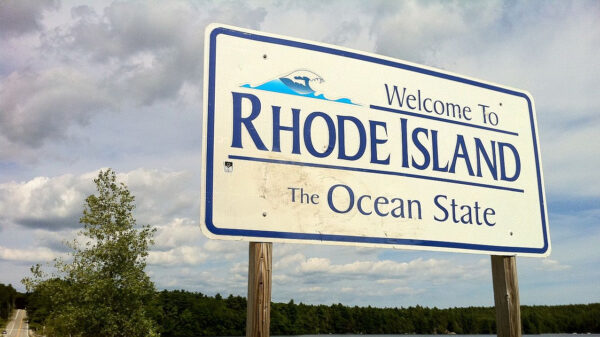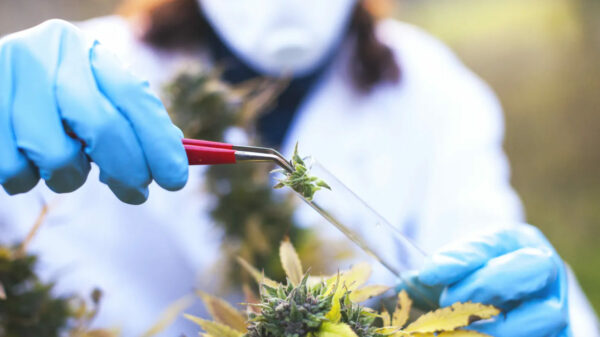Rhode Island is the first U.S. state to adopt a statewide law allowing for harm-reduction centres to prevent drug overdoses in the face of a public health crisis.
Gov. Dan McKee signed the bill into law Wednesday which immediately brings the two-year pilot program into effect.
Ten countries have sanctioned similar safe consumption sites, though Rhode Island is the first state to pass a law for centres that allow supervised consumption of pre-obtained substances.
The state’s opioid epidemic has become a tremendous public health crisis, said Representative John G. Edwards, who introduced the bill.
“It’s a way to tackle this epidemic while saving lives in the process,” he said in a statement.
Rhode Island’s harm-reduction centres will also act as a community resource for health screening, disease prevention and recovery assistance.
In 2020, 384 people in the state died from accidental overdoses. The number of lives lost has been steadily increasing since 2014.

Number of accidental overdose deaths in Rhode Island has been increasing since 2014. * Some recorded deaths in 2021 have not been finalized. Chart via Department of Health
Harm reduction sites provide a safe and clean place for people to use drugs under the supervision of trained staff.
According to the American Medical Association, studies of such facilities in other countries have shown they effectively reduce overdose deaths and transmission rates for infectious disease.
“If we are truly going to rein in the drug overdose epidemic, we must recognize drug addiction as the health problem it is, rather than as merely a crime,” said Senator Joshua Miller, who also introduced the bill and chairs the Senate committee on health and human services.
“People who are addicted need help and protection from the most dangerous possibilities of addiction. Having a place where someone can save them from an overdose and where there are people offering them the resources they need for treatment is a much better alternative to people dying alone in their homes or their cars. Especially as overdose deaths have climbed during the pandemic and fentanyl-laced drugs continue to pose a lethal threat to unwitting users, we could prevent needless death and turn lives around with a program like this.”
Read more: Covid-19 worsens Canada’s toxic opioid crisis amid decriminalization talks
City and town councils must approve harm reduction centres before they’re implemented.
Rhode Island’s law also creates an advisory committee to make recommendations to the health department on ways to maximize health and safety at harm-reduction centres. The agency is also responsible for the recovery of people using the centres, disposing of hypodermic needles and syringes as well as methods to adhere to laws at every level of government impacting the operation of the centres.
“We hope this will set a precedent for other states to follow suit, with Rhode Island being the leader,” said Haley McKee, co-chair of the Substance Use Policy Education and Recovery PAC, who led the efforts in Rhode Island.
“Today’s victory in Rhode Island gives us hope that there are policymakers that are willing to actually lead and do what needs to be done to save lives in the face of one of the worst public health crises of our time,” Drug Policy Alliance managing policy director Lindsay LaSalle said in a statement.
Read more: Rhode Island on path to legal weed after Senate vote
Follow Kathryn Tindale on Twitter
kathryn@mugglehead.com














